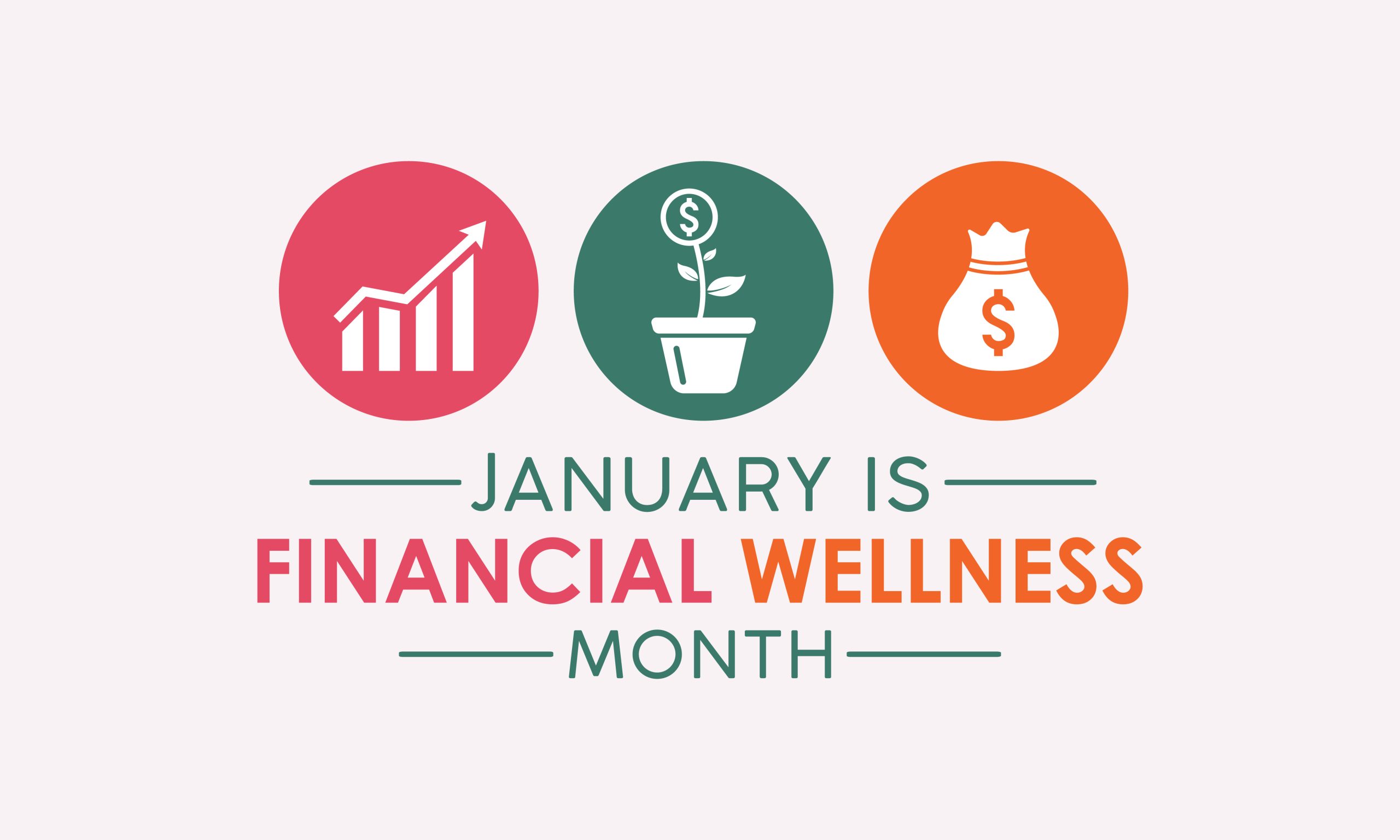We sat down with Howard Hook, Principal and Senior Wealth Advisor at EKS Associates. His responses are lightly edited for brevity.
Question: After several decades in the business, what in your view makes someone a good financial advisor?
Howard Hook: Clearly, competence is an essential factor in considering how good a financial planner is. Unfortunately, people looking to hire or evaluate an advisor may find this difficult to assess due to the lack of consensus in our industry as to what actually makes a financial advisor. There are so many different types of people calling themselves financial advisors. So, for me, being clear about what services we offer is important so that potential clients can understand what kind of advisor they will be hiring. At EKS, we are very clear about this. Regarding competence, we pride ourselves on staying as current as possible with everything that’s going on, from tax laws to investment strategies, cash flow, and risk management. When we don’t know something, we let our clients know so and then reach out to our various resources to get the correct answer.
Q: How do you go about assessing a client’s tolerance for risk in their portfolio? How much difference do you see among your clients in how they deal with risk?
HH: Risk tolerance can be difficult to assess. During periods of strong market performance, such as what we currently are seeing, people tend to overestimate the amount of risk they can take. And conversely, when markets are going down, people tend to underestimate the amount of risk they can handle. So it’s not easy to get a sense of their tolerance, but ultimately we can get a sense of someone’s risk tolerance mainly from spending time with them over an extended period. We also get an immediate sense by looking at how their current portfolio is invested and comparing that to how risk-tolerant they think they are. We often find their risk tolerance doesn’t match the way they are actually invested. For example, a client might say they are very aggressive and want to take lots of risks. However, when we look at their portfolio and see they have a lot invested in cash, that tells a different story. Human nature is that when things are good, you feel better about your ability to take on risks. The market is never going to drop, right? We know that’s not true. That’s the euphoria people tend to get into. And when it’s bad, it’s “The world is ending. We’re never going to make any money. We’ll have to work forever. We’ll be a burden on our children.” Ultimately, portfolios and clients are not static as it relates to risk, so we can adjust the portfolio to reflect their true risk tolerance better. It can, however, take a little bit of time.
Our clients at EKS tend not to be overly aggressive with their portfolios. They tend to be more balanced, and some lean towards being conservatively invested. We don’t like to allocate much more than 70% to equities, even for a client who wishes to be very aggressive with their portfolio. We try to explain to clients that once you get beyond 70%, there are diminishing returns for more risk.
Q: Speaking of risk, there are always some high risk/high reward investment options out there that capture headlines. What do you tell people who want to dabble in things like crypto-currencies or SPACs?
HH: Fortunately, we don’t have many clients who want to buy crypto-currencies, SPACs, or meme stocks. We never dismiss clients out of hand if they inquire about these investments. We always have a conversation about it. We talk about the portfolio’s goals and how they align or do not align with these speculative investments. Reminding clients they can reach their goals without taking this speculative risk sometimes helps. We review the risks of having these assets in the portfolio as well as the potential upside. Sometimes we raise issues that clients did not even think of themselves. Crypto-currencies, for example, besides being risky, carry regulatory and tax issues unique to that investment. Usually, the conversation leads to the client understanding that it’s not appropriate for them. Ultimately, if the client still wants to invest, we suggest they do so with a small amount of money, something that won’t likely throw them off track and make it more challenging to achieve the goals they’ve set. We do remind them that since we don’t recommend the investment, we won’t be able to tell them when to buy or sell it.
Q: Let me switch to a topic that I know is near and dear to your heart: contributions to various charitable causes. How can an investment portfolio take that into account?
HH: I have found that people want to do good things with their money. For some, that means living comfortably through retirement or helping a child or grandchild. For others, it may include helping causes that are meaningful to them or have affected their lives. For most people wanting to give to a cause, the answer is to write a check, and that’s fine. Charities need and deserve that help, but there are other ways to do it too, which can be more tax-efficient, including giving appreciated securities or making Qualified Charitable Distributions (QCD) [from a retirement account], if eligible. Another popular tool is using a Donor Advised Fund (DAF), which can help reduce current taxes while allowing for giving to be made over several years. There is also a Charitable Trust for donors wishing to receive an income benefit and a tax deduction while ultimately donating assets to their favorite cause. These tools are wonderful since charities can benefit just as much, if not more, than the donor writing a check. That’s very rewarding, of course, because the donor is helping the charity and themselves. Charitable Giving is a conversation Darren and I have all the time with clients, with many clients giving for the first time or increasing their giving while still accomplishing their overall goals. I am very proud that it’s become part of the conversation we have with clients.
Q: What can people do, Howard, to get the most bang for their buck when they do retain a financial advisor? Or, what do people fail to do to take advantage of the fact that they have access to your expertise?
HH: That’s a great question. When considering an advisor, the first thing is what I said earlier, understanding what type of advisor you will be working with by understanding the services provided. To know this, you have to ask pointed questions, such as: “Are you managing my money?” “If I have a question about insurance, estate planning, or taxes, can you help me with that?” The only way to decide if you will receive value is to understand what you are and aren’t getting in services. At EKS, I believe we do a very good job when talking to potential new clients and explaining our services. We tell them you’re not getting an investment advisor, you’re getting a financial planner, and it’s important to know there’s a big difference between the two. A financial planner is someone who is going to look comprehensively at your entire situation. We tell them that we believe that’s the best way for you to benefit the most from what we offer. For potential clients who want to shortcut the process and only want investment advice, I always ask them a few key questions:
- How can I manage your money if I don’t know what your goals are, what your cash needs are, or what your tax situation is?
- Is this money being invested for just you, or is it your intent to pass it down to children or grandchildren, and have you thought of the best way to do that?
- Have you considered how to protect your portfolio and your assets from potential lawsuits? Is that important to you? If so, we want to look at your insurance coverage to make sure it is adequate.
It’s important for us to know clients find these things as important as we do. What I find is that clients who benefit the most from our services are the ones who genuinely understand the comprehensive nature of our services.



